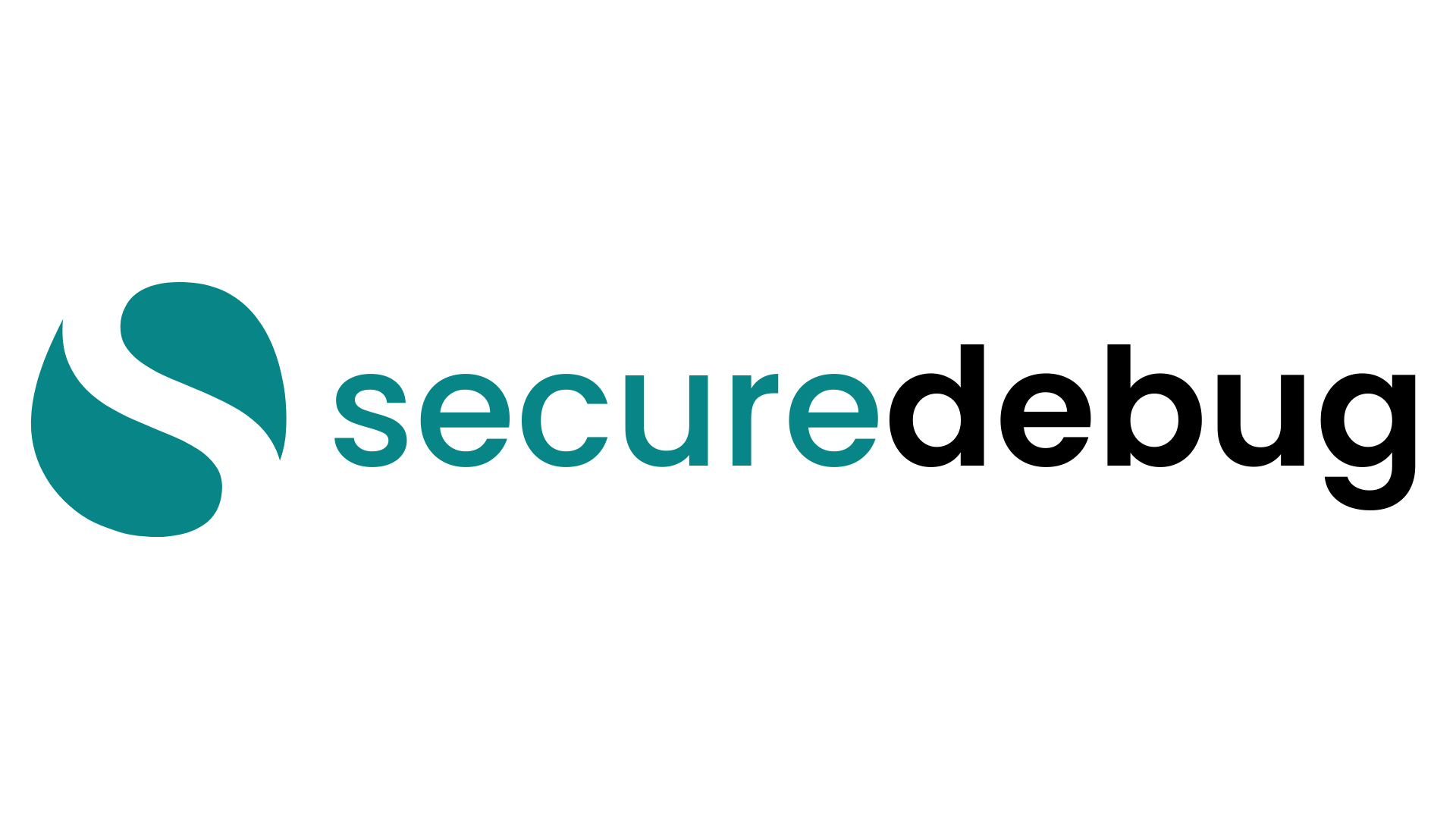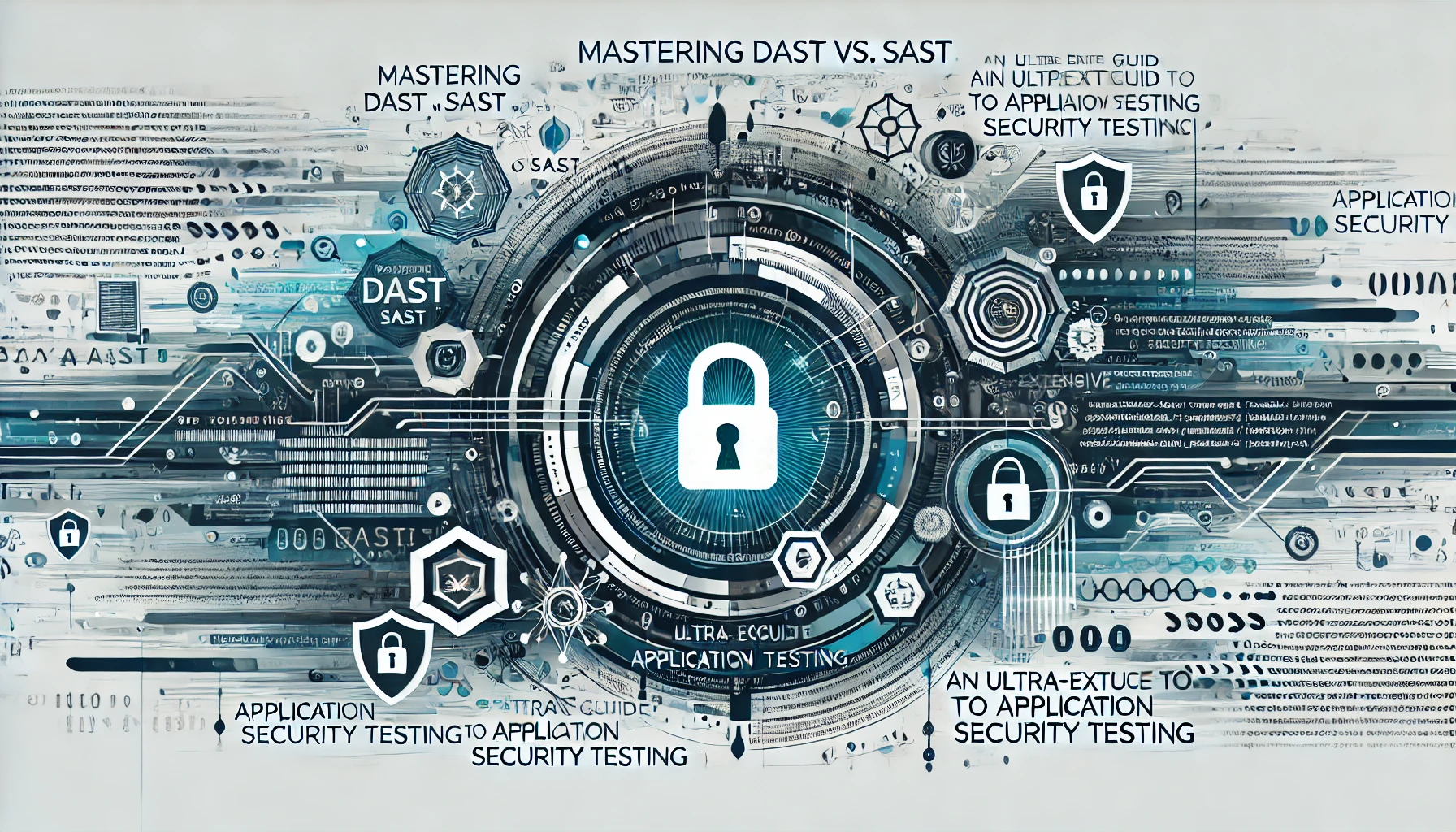Introduction
Welcome to the world of security tokenization, where cutting-edge technology meets the need for enhanced data protection. In today’s digitally-driven era, securing sensitive information is paramount for organizations across all industries. Traditional security measures are no longer sufficient, and innovative solutions like security tokenization have emerged to provide robust data protection.
What is Security Tokenization?
Security tokenization is a process that involves converting sensitive data into tokens or unique identification symbols while retaining its original value. These tokens are then used to represent the data, and the original information is securely stored in a separate location, typically a token vault. The tokens can be used for various purposes, such as authentication, authorization, or transaction processing, without exposing the actual sensitive data.
Enhancing Data Protection
One of the key advantages of security tokenization is its ability to enhance data protection. By tokenizing sensitive information, organizations can reduce the risk of data breaches and unauthorized access. Even if a token is intercepted, it holds no value as the original data remains securely stored. This significantly reduces the potential damage that can be caused by a security breach.
How Security Tokenization Works
The process of security tokenization involves several steps:
- Data Identification: Identifying the sensitive data that needs to be tokenized.
- Token Generation: Generating unique tokens for each identified data element.
- Data Storage: Storing the original data securely in a token vault while mapping it to the respective tokens.
- Token Usage: Utilizing the tokens for various operations without exposing the original data.
Use Cases
Security tokenization finds applications in various industries and scenarios:
- Payment Card Industry (PCI) Compliance: Tokenization is widely used in the payment card industry to secure credit card information during transactions, reducing the risk of data breaches.
- Healthcare: Medical records contain sensitive patient information, and tokenization can be used to protect this data, ensuring privacy and compliance with regulations.
- Authentication: Tokenization can enhance authentication processes by eliminating the need to store actual passwords or sensitive user information.
Benefits of Security Tokenization
Implementing security tokenization offers numerous benefits:
- Data Privacy: Tokenization ensures that sensitive data remains private and secure.
- Regulatory Compliance: Tokenization helps organizations meet regulatory requirements by safeguarding sensitive information.
- Reduced Scope of Compliance Audits: As tokenized data is not considered sensitive, the scope of compliance audits can be significantly reduced, saving time and resources.
- Risk Mitigation: By tokenizing data, the risk of data breaches and associated financial and reputational damage is significantly mitigated.
Conclusion
Security tokenization is a powerful tool for organizations seeking enhanced data protection. By converting sensitive data into tokens, organizations can minimize the risk of data breaches, ensure regulatory compliance, and protect their valuable assets. As technology continues to evolve, security tokenization will play a vital role in safeguarding sensitive information in the digital age.







